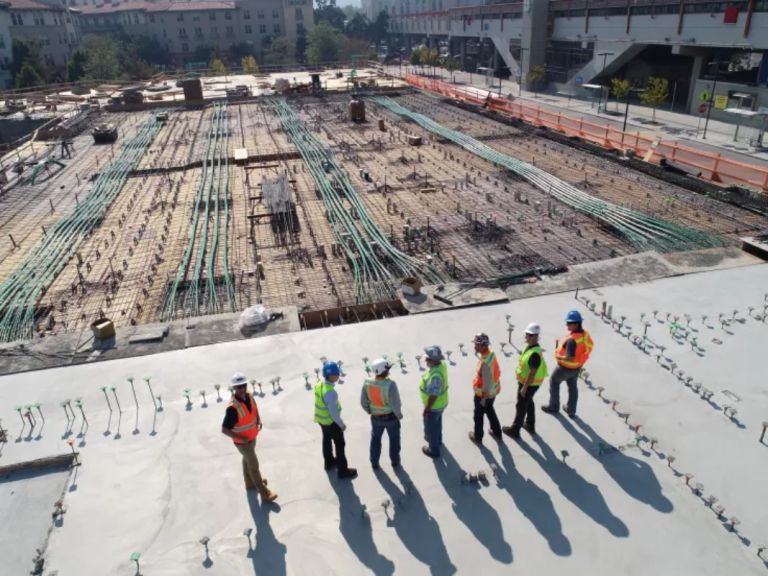Greek Construction: €5.3bln Investment in 4 Years, Says Alpha Bank Report

Πηγή Φωτογραφίας: Διαδίκτυο//Greek Construction: €5.3bln Investment in 4 Years, Says Alpha Bank Report
Alpha Bank highlights the challenges the Greek construction sector is facing due to a rise in material costs in the bank’s Economic Developments Report from Economic Research.
The report notes that although construction material costs are on a downward trend, their current high prices, accompanied by high interest rates, are negatively impacting housing loan demand. Alpha Bank asserts these are among the primary challenges the Greek construction sector is facing.
Alpha Bank underlines that despite these drawbacks, the construction building sector has shown positive performance since the beginning of the year, maintaining the growth trajectory of recent years. This is reflected in several economic indicators, including sector output, its increased share in the economy’s total output, private construction activity, and employment levels.
Alpha Bank adds that an anticipated ruling from Greece’s Supreme Administrative Court, the Council of State (CoS), about the constitutionality of provisions in the New Building Regulation linked to building height and volume will mitigate uncertainty around the sector’s regulatory framework, a development expected to influence construction activity positively.
The outlook for the Greek construction sector, as reflected in the Construction Business Expectations Index, appears positive, while increasing the stock of available housing is one of the government’s policy priorities for 2024-2025, as outlined in the fiscal measures within the 2025 Budget Draft.
Investments in construction (residential and other types) have been rising since 2020, totaling €5.3 billion, with a slight decrease of 0.8% compared to the first half of 2023, when a significant 21.2% increase was recorded. Meanwhile, residential investments fell by 10.5% (H1 2023: +47.1%), whereas investments in non-residential construction grew by 4.9%.
The analysis says private construction activity in the first seven months of 2024 experienced a 20.6% increase in the number of building permits issued and a 12.2% rise in volume (m³) on an annual basis, marking a significant surge from January through April. A total of 18,600 private building permits were issued, with 22.1% of these in the Attica region and 13.3% in Central Macedonia. The largest increases, however, were observed in the Ionian Islands (51.4%) and Epirus (44.4%) regions.
The Gross Value Added (GVA) of the construction sector has been on an upward trajectory since the second half of 2017, reaching €2.1 billion in the first half of 2024 (in constant prices). On an annual basis, construction GVA recorded a slight decrease of 0.9%, which is attributed to base effects, as the first half of 2023 had seen a significant 21.6% increase, according to Alpha Bank.
Source: tovima.com
Διαβάστε όλες τις τελευταίες Ειδήσεις από την Ελλάδα και τον Κόσμο






























Το σχόλιο σας